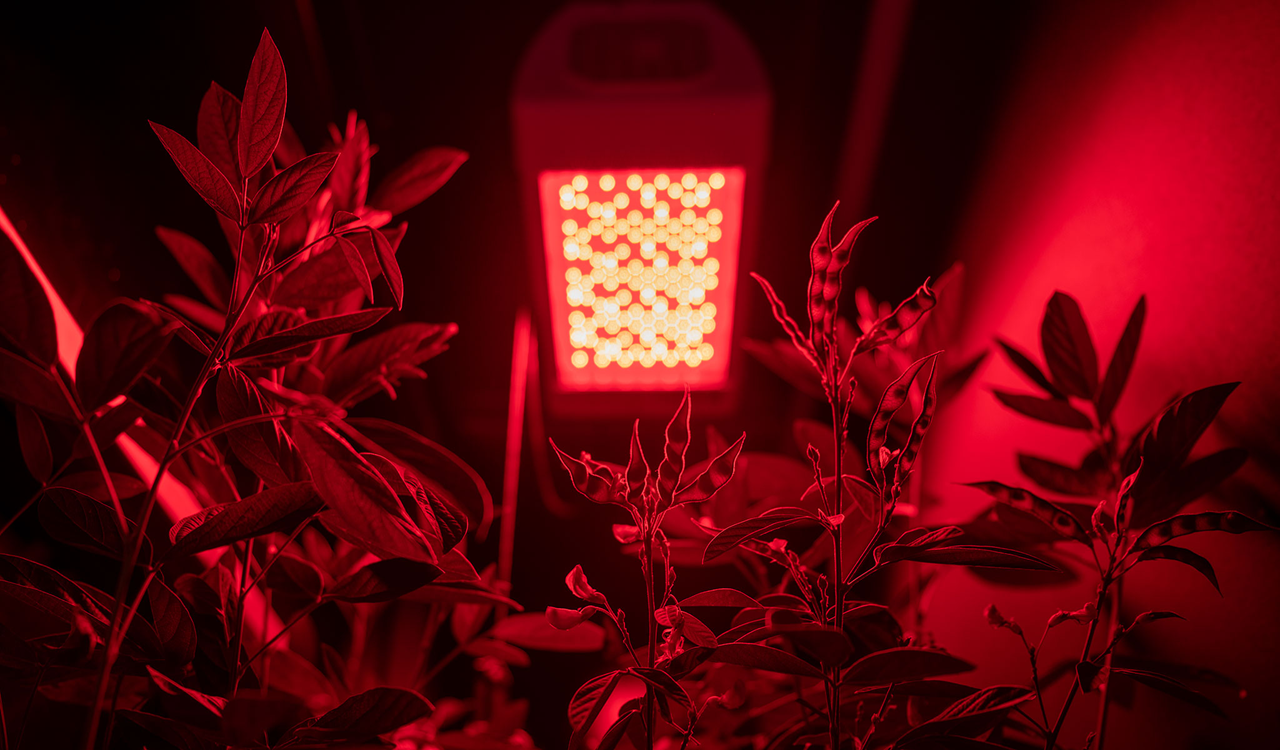The new convention promises to substantially cut the time required to develop new pigeonpea lines with desirable traits, effectively bringing food to dryland communities faster.
Published Date – 20 February 2024, 05:39 PM

Sangareddy: The International Crops Research Institute for the Semi-Arid Tropics (ICRISAT) has pioneered the world’s first pigeonpea speed breeding protocol, further bolstering food security in Asia and Africa.
The new convention promises to substantially cut the time required to develop new pigeonpea lines with desirable traits, effectively bringing food to dryland communities faster. Traditionally, pigeonpea breeding can take up to 13 years.
But with the new protocol’s emphasis on material breeding and control over factors like photoperiod, temperature, and humidity, the breeding cycle can now be shortened to just two to four years, as opposed to the conventional period of seven years.
Pigeonpea, a staple in tropical and subtropical diets, is crucial for food security and soil health globally and is lauded for its nutritional value and versatility.
Director General of ICRISAT, Dr Jacqueline Hughes, underscored the consequence of the innovation saying that the pigeonpea speed breeding protocol represents a significant advancement for major pigeonpea-producing regions, paving the way for self-reliance in pulse production and meeting the dietary necessities of nations such as India, Myanmar, Kenya, Tanzania, Myanmar, and Mozambique.
Historically, pigeonpea’s long growth cycle and sensitivity to day length have hindered breeding efforts, with only about 250 varieties released globally over six decades. This new speed breeding protocol addresses these challenges head-on, enabling researchers to develop climate-resilient, nutritionally superior, and higher-yielding pigeonpea varieties at an unprecedented pace, according to a press release.
The new protocol, accomplished through the establishment of ICRISAT’s Rapid Generation Advancement Facility, owes its success to the generous support from donors via CGIAR initiatives. Significant backing for the project to develop the new protocol was received from the Rastriya Krishi Vikas Yojana (RKVY), Government of Odisha, the Indian Council of Agricultural Research, and the Government of India.


